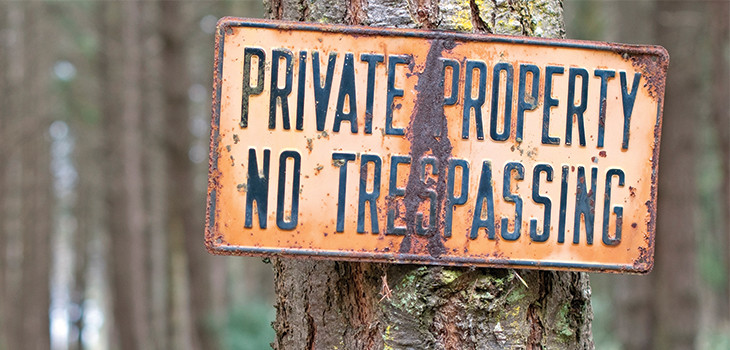
Trespass and private nuisance are related concepts in the law of torts. The former involves an intentional and direct interference with the claimant’s exclusive possession of land. The latter is concerned with the indirect (or consequential) interference with the use and enjoyment of land. Traditionally, therefore, the two doctrines have been regarded as functionally distinct categories in tort law. But are these two doctrines, in fact, mutually exclusive? Can an intrusion onto land caused, for example, by toxic fumes or smoke, constitute both a nuisance and a trespass? There are several English cases which clearly establish that this is a nuisance, but can it also give rise to a trespass?
From a practical point of view, it may be important to characterise the relevant claim as lying within both doctrines, not least because a cause of action in nuisance alone will fail in the absence of proof of unreasonable interference and









